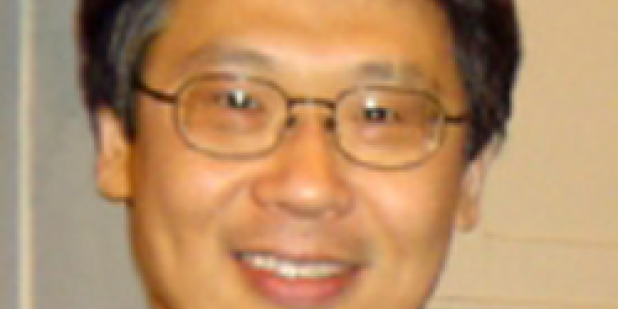Happy Lunar New Year from the USC US-China Institute!
Madame White, The Book of Change, and Eileen Chang: On A Poetics of Involution
UC Berkeley's Center for Chinese Studies presents a talk by David Wang on Eileen Chang's two English Novels.
Where

David Der-wei Wang, East Asian Languages and Civilizations, Harvard University
In the studies of Eileen Chang (1920-1995) one aspect yet to be explored is her penchant for rewriting existing works in multiple iterations and languages. This lecture discusses Chang’s aesthetic of revision and bilingualism by examining her two English novels, The Fall of the Pagoda and The Book of Change, which were discovered in 2009 and will be published in 2010.
These two novels were written in the late fifties, when Chang had just settled in the Unites States. In many ways, they provide a missing link in Chang’s (re)writing of her own life story, from English to Chinese and vice versa, from lecture to fiction and photo album, and from autobiographical “whispers” to dramatized exposé. The titles of these two novels, one referring to the Leifeng Pagoda of the White Snake legend, and the other the esoteric classic The Book of Change, suggest Chang’s effort to integrate her writings into a broader cycle of Chinese discourses and temporalities.
Through a comparative reading of the two novels and other texts, the lecture seeks to make the following observations:
1. Insofar as mimetic realism was the canonical form of modern Chinese literature, the way in which Chang repeats herself by traversing rhetorical, generic, and linguistic boundaries has given rise to a peculiar poetics, one that highlights not revelation but derivation, not revolution but involution.
2. Through the multiple versions of her story, Chang tries to challenge the master plot of her family romance by proliferating it, and dispel her past by continually revisiting it. More provocatively, to write is to translate memory into art, an effort to re-member pieces of the past in a mediated form.
3. The circular, derivative inclination in Chang’s writing also points to a unique view of (literary) history. It has at least two models, Haishang hualiezhuan (Singsong girls from Shanghai, 1894) and Hongloumeng (Dream of the red chamber, 1792). When she was rewriting her own life story in various formats in the last four decades of her career, Chang was at the same time engaged in two parallel projects: translating Singsong Girls from Shanghai from the Wu dialect first into Mandarin Chinese, and then into English; annotating The Dream of Red Chamber by means of textual analysis, philological verification, and biographical research.
Writers and critics of the revolutionary discourse would not welcome Chang’s vision. But insofar as her writing entertains a negative dialectic of history and progress, Chang has provided a sobering view from which to detect Chinese literary modernity at its most convoluted.
Featured Articles
We note the passing of many prominent individuals who played some role in U.S.-China affairs, whether in politics, economics or in helping people in one place understand the other.
Events
Ying Zhu looks at new developments for Chinese and global streaming services.
David Zweig examines China's talent recruitment efforts, particularly towards those scientists and engineers who left China for further study. U.S. universities, labs and companies have long brought in talent from China. Are such people still welcome?






